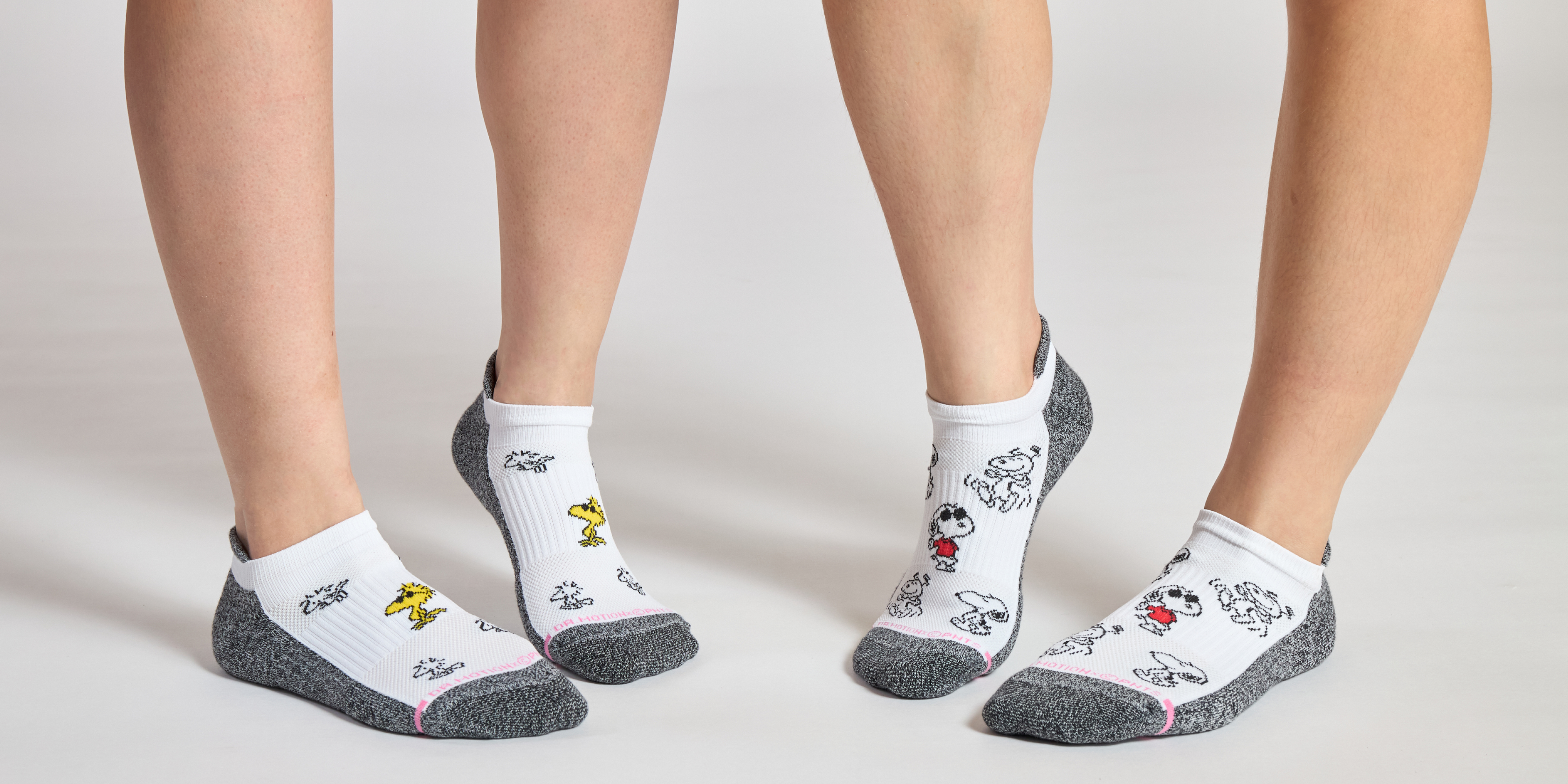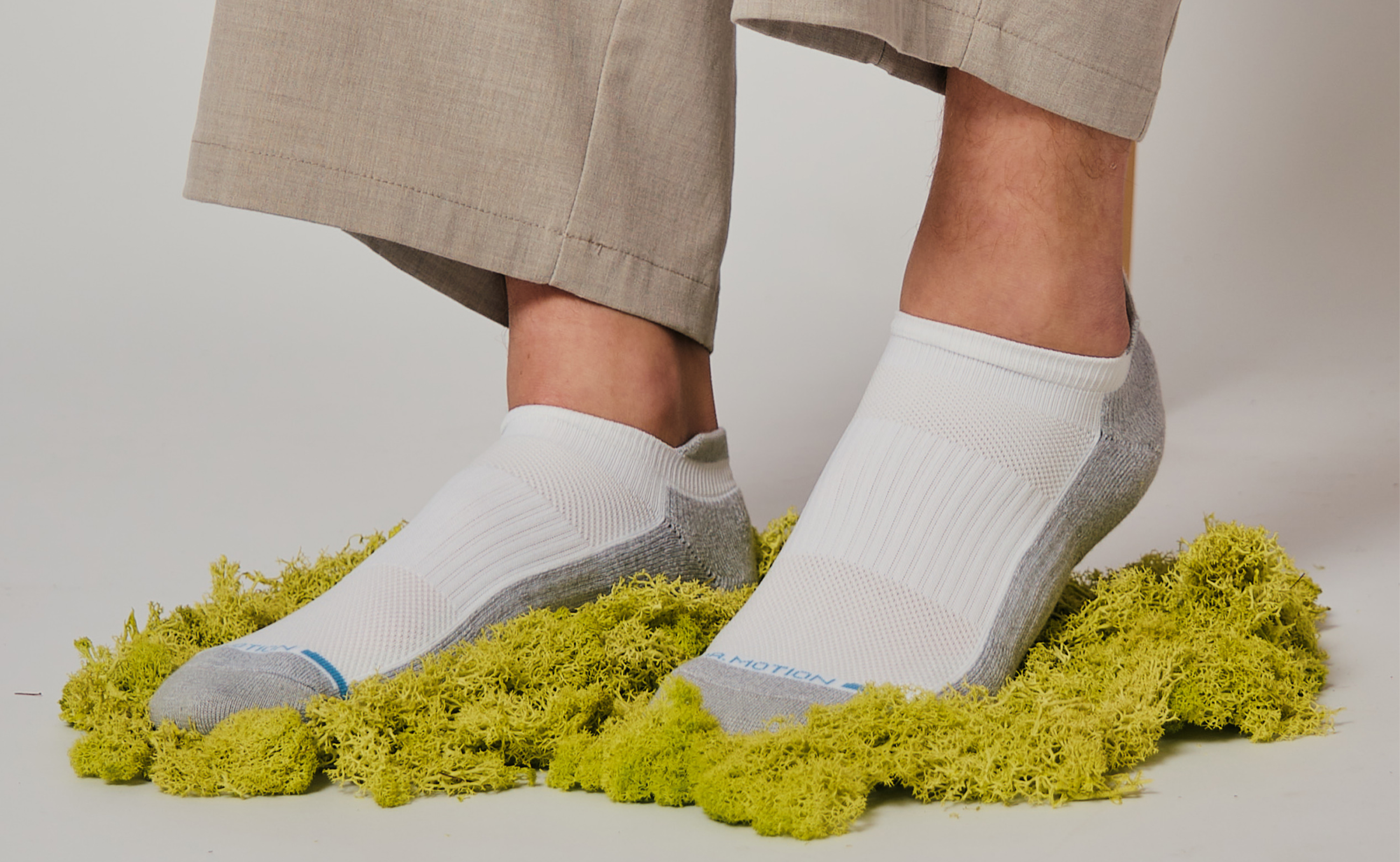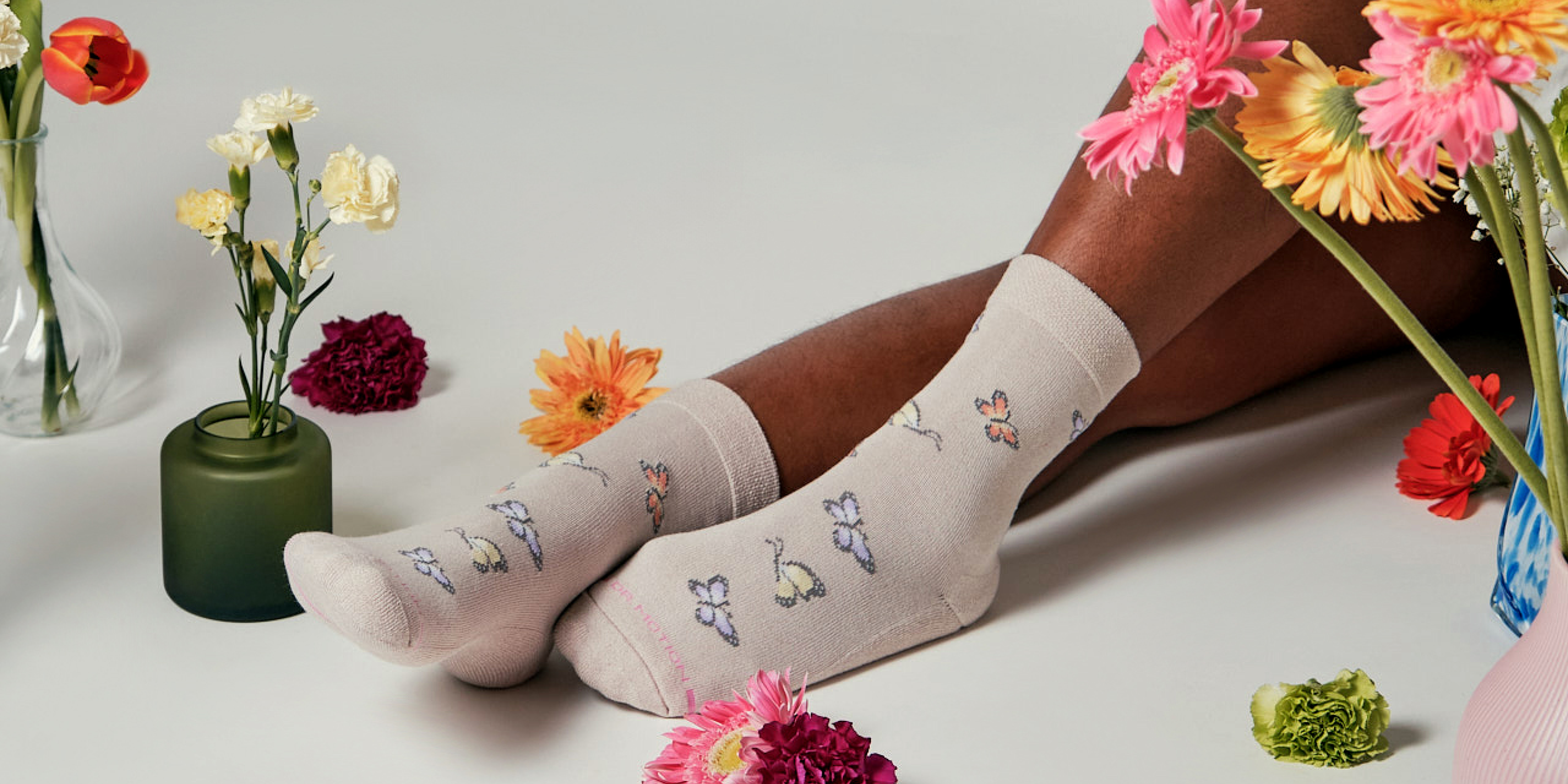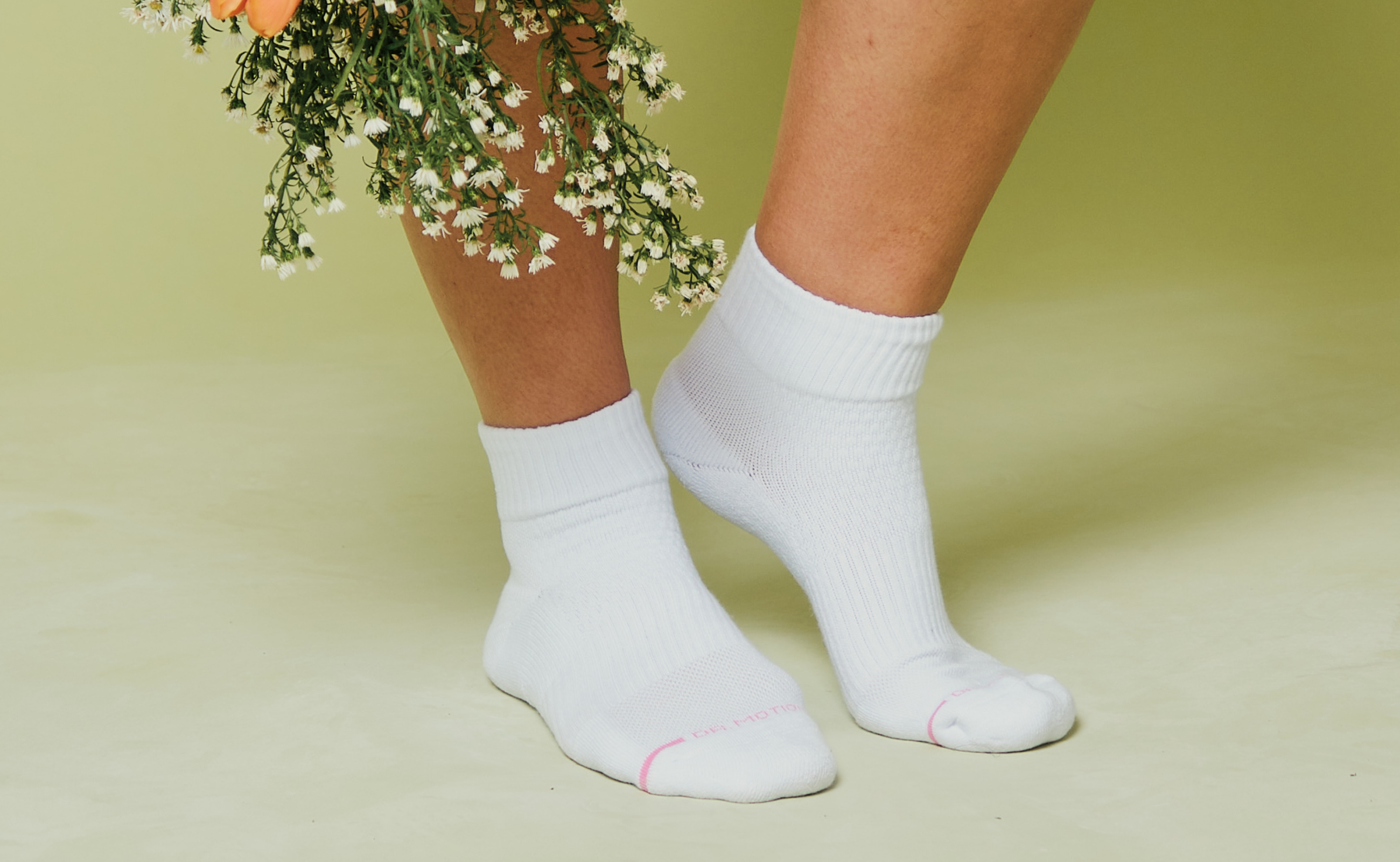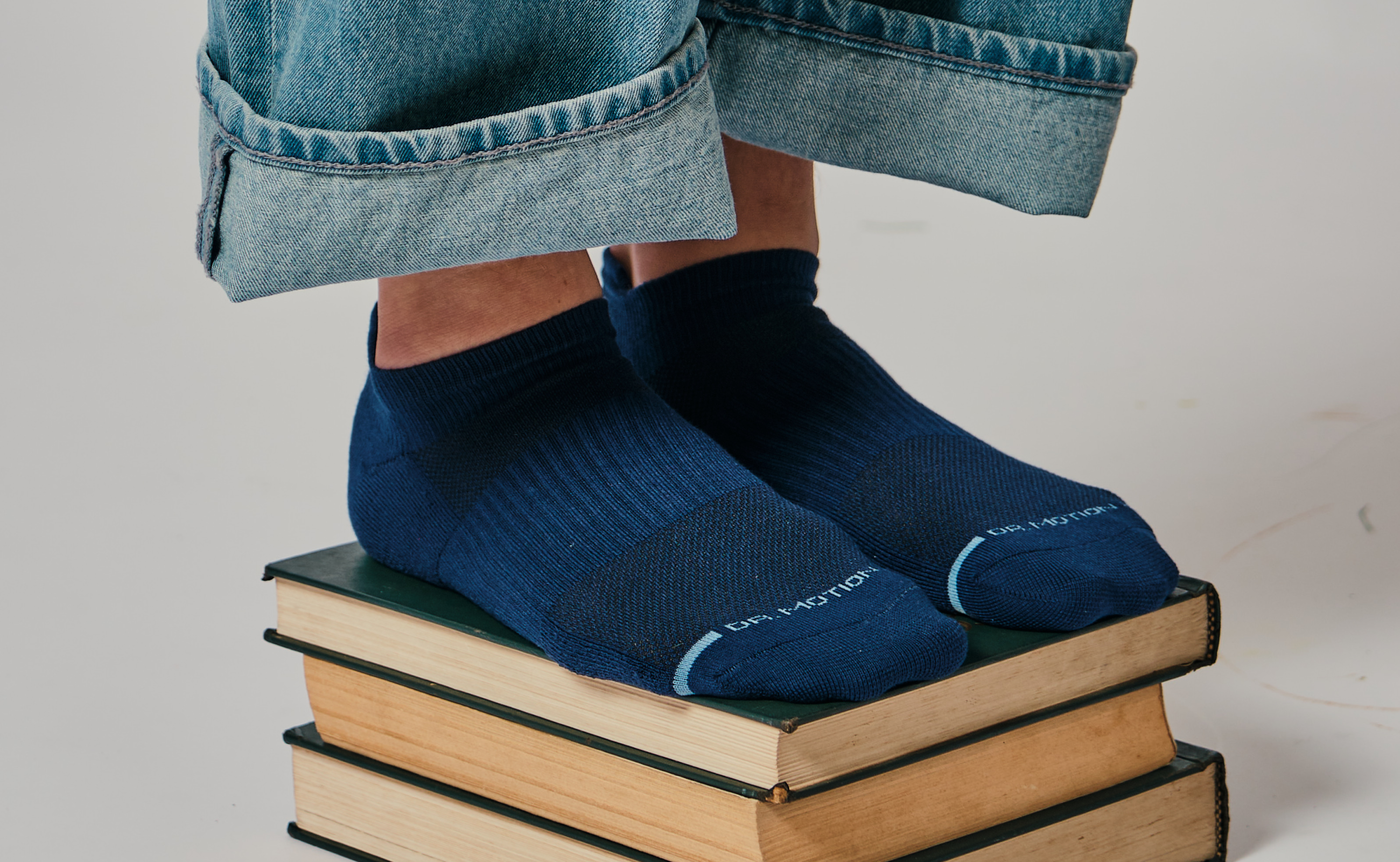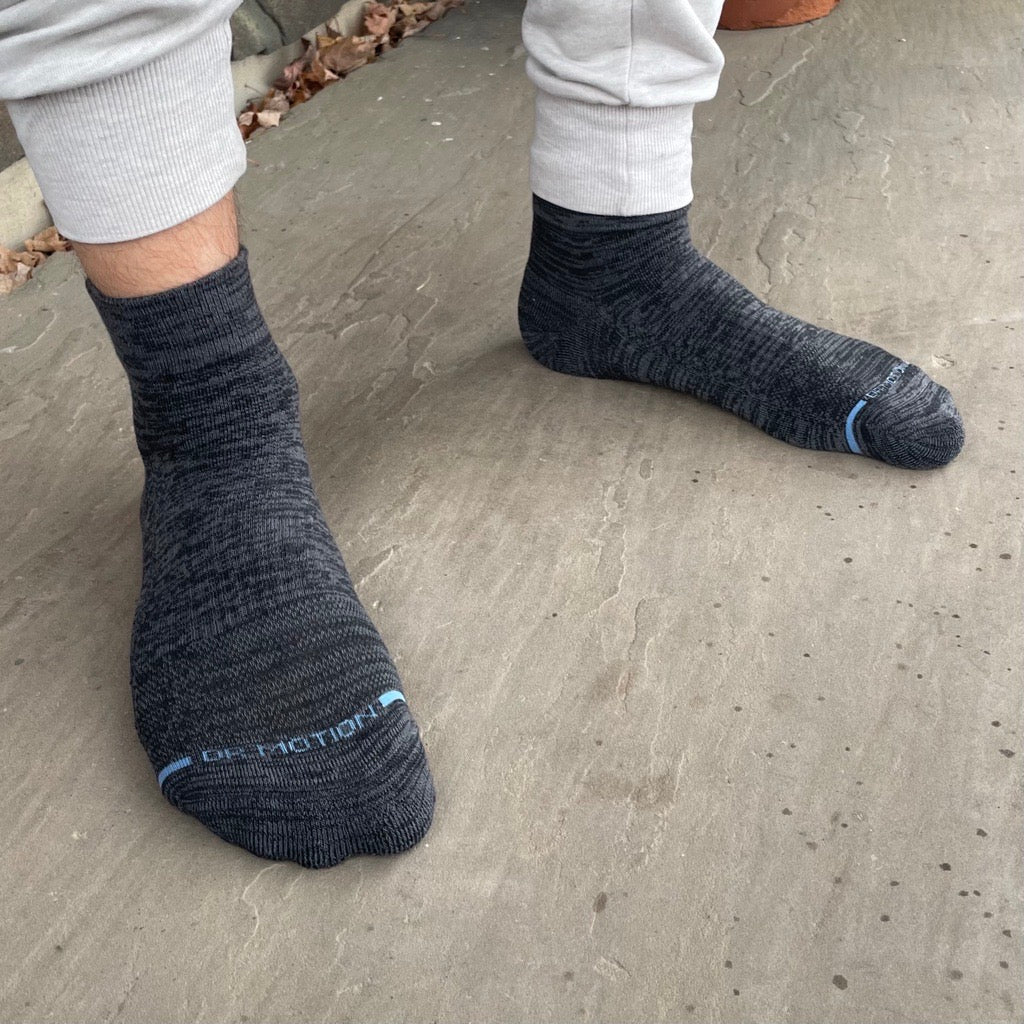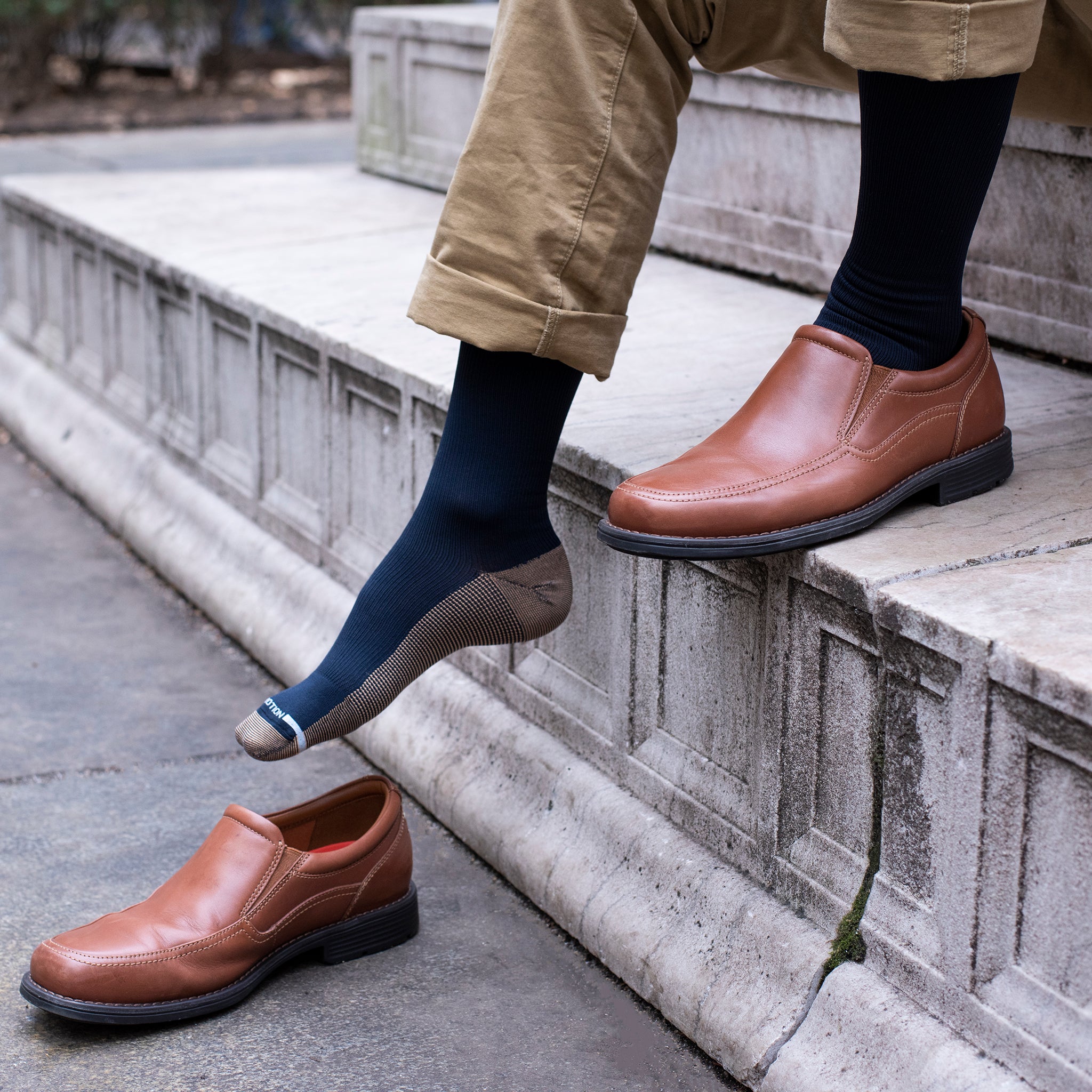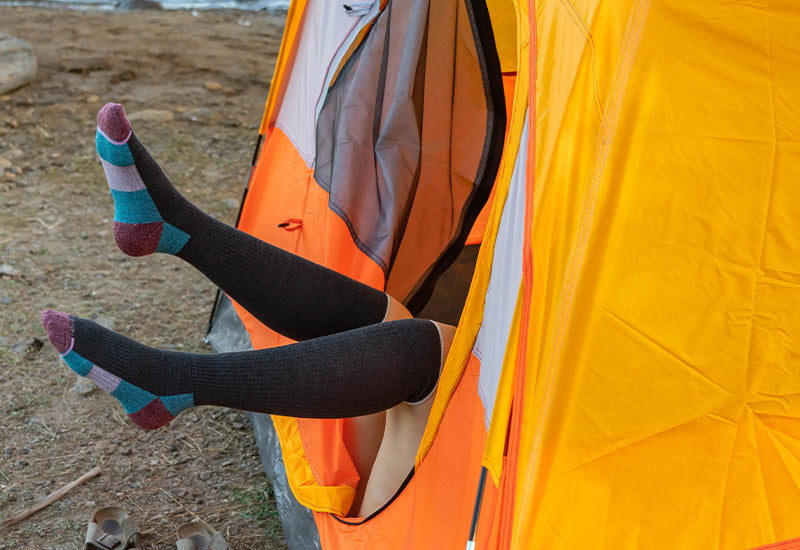The Ultimate Foot Care Guide for Seniors to Stay Pain-Free
How often do you think about your feet? Not much, until pain or discomfort makes every step a struggle. Over the years, your feet have carried you through daily life, but as you age, they require extra care. Neglecting foot health can lead to issues like swelling, joint pain, and poor circulation, making simple tasks like walking or standing more difficult.
With National Foot Health Awareness Month coming up in April, now is the perfect time to focus on foot care for seniors. The good news? Small adjustments, like choosing supportive footwear, keeping feet moisturized, and improving circulation, can make a world of difference. Whether you’re dealing with sore feet or want to prevent future discomfort, taking care of your feet will help you stay independent and pain-free. Let’s explore common foot problems and the best ways to keep your feet strong and healthy.
Common Foot Problems Seniors Face and How to Manage Them
Your feet experience years of wear and tear, which makes them more susceptible to various issues. Addressing these problems early can help maintain comfort and mobility. Here are some common concerns and how to manage them:
-
Arthritis and Joint Pain
Years of movement can lead to arthritis. Many experience stiffness, inflammation, and discomfort, which can affect one's ability to walk or balance properly. Wearing cushioned shoes and engaging in gentle exercises can ease pain and improve mobility.
-
Swelling and Poor Circulation
Swollen feet and ankles (also called edema) often result from poor circulation or extended periods of sitting. Care of feet in elderly individuals should include elevating the legs, staying active, and wearing compression socks to encourage blood flow.
-
Heel Pain and Plantar Fasciitis
Plantar fasciitis causes sharp pain in the heel, particularly in the morning. This occurs due to inflammation in the ligament that supports the foot’s arch. Stretching, supportive footwear, and proper insoles can relieve discomfort.
-
Bunions, Corns, and Calluses
Wearing poorly fitted shoes for years can lead to bunions, corns, and calluses, causing discomfort and difficulty walking. Choosing footwear with a wide-toe box and using protective padding can help prevent irritation.
-
Fungal Infections and Ingrown Toenails
Fungal infections can cause thick, discolored nails. Meanwhile, ingrown toenails can be painful and lead to infections. Thus, it is important to keep your feet clean and dry. One must also trim nails properly and wear breathable socks to prevent these conditions.
Why Foot Care is Essential for Seniors’ Health and Mobility
Healthy feet are key to staying active and independent. Ignoring foot problems can lead to discomfort, reduced mobility, and even falls. Here’s why taking care of your feet is so important:
-
Healthy Feet Help You Stay Active
Pain and discomfort can make it harder to move around, resulting in lesser physical activity. Prioritizing foot care for elderly individuals helps maintain independence and mobility.
-
Circulation and Overall Health Go Hand in Hand
Poor circulation not only affects your feet but can also increase the risk of infections and slow healing. Supporting healthy blood flow is essential for overall well-being.
-
Preventing Falls and Injuries
Unstable footing increases the risk of falls, which can be dangerous for seniors. Wearing supportive shoes and practicing balance exercises can significantly lower the risk of injuries.
Foot Care Tips for Seniors: Keeping Feet Comfortable and Strong
Caring for your feet doesn’t have to be complicated. A few simple habits can go a long way in keeping them healthy. Here are some foot care tips for seniors to help maintain strong, pain-free feet:
-
Wear Supportive Footwear
Choose shoes with cushioned soles, arch support, and a wide-toe box to avoid pressure points. Avoid tight or high-heeled shoes, as they can worsen foot pain.
-
Keep Feet Clean and Moisturized
Dry, cracked skin can lead to infections. Wash your feet daily, dry them thoroughly, and apply a mild moisturizer to keep them soft and hydrated.
-
Stay Active with Simple Foot Exercises
Toe curls, ankle rotations, and foot stretches help improve flexibility, reduce stiffness, and strengthen muscles. Practicing these exercises consistently can enhance balance and support mobility.
-
Schedule Regular Foot Check-Ups
Routine visits to a podiatrist can help detect issues early. If you notice persistent pain, swelling, or foot deformities, seek medical advice.
-
Use Proper Socks to Prevent Irritation
Seamless, moisture-wicking socks help prevent blisters and friction. Our compression socks provide additional support and comfort, especially if you have circulation concerns.
How Compression Socks Improve Senior Foot Health
Compression socks offer a simple yet powerful solution for maintaining foot health, particularly if you deal with swelling or poor circulation. Here’s why they are beneficial:
-
Reducing Swelling and Enhancing Circulation
They promote better blood flow and prevent swelling by applying gentle pressure to your legs. They are especially helpful if you sit or stand for long periods.
-
Providing Extra Comfort for Daily Activities
Wearing compression socks makes standing and walking more comfortable by reducing pressure on the feet. That’s why they’re especially beneficial for improving circulation.
-
Supporting Joint & Muscle Health
Moving shouldn’t be a struggle. Compression socks improve circulation, ease muscle tension, and reduce swelling, so your feet stay comfortable, supported, and ready for whatever the day brings.
When to Seek Medical Attention for Foot Issues
Some foot conditions require professional care. Consult a doctor if you experience:
-
Persistent pain or swelling that doesn’t improve
-
Numbness, tingling, or loss of sensation
-
Open sores, wounds, or signs of infection
-
Bunions or deformities that interfere with mobility
-
Thick, discolored toenails indicating a fungal infection
Ignoring foot problems in seniors can lead to more serious health concerns. Regular check-ups help detect and treat issues early.
Prioritize Foot Health for Better Mobility and Comfort
Your feet play a crucial role in your overall well-being. With National Foot Health Awareness Month just around the corner, it’s the ideal time to focus on foot care for seniors. Taking simple steps, like wearing proper footwear, keeping feet moisturized, and using compression socks, can make a world of difference. So prioritize your foot health today and continue moving with ease for years to come!
Disclaimer: This article provides information solely for educational purposes, including but not limited to text, graphics, images, and other materials contained herein. This article is not intended to substitute for professional medical advice, diagnosis, or treatment. Always seek the advice of your physician or other qualified healthcare provider with any questions you may have regarding a medical condition.


